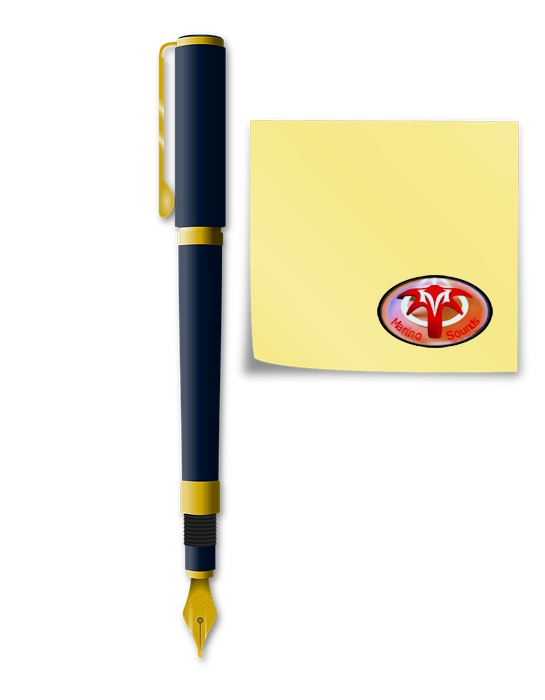Learning to read violin sheet music How To Read Piano Piece Music Fast - Learning to play the piano and read sheet music doesn't have to be intimidating. You don't need an exceptionally high IQ for this; all you need is perseverance and consistent practice, along with an easy-to-read piano sheet. By following some guidelines, learning can become easier. Here are some tips to help you as you gradually… is an enjoyable and engaging task. First, you need to learn the theory and understand how sheet music works. Once you have a mental grasp, you should internalize everything to efficiently read music on the fly. Most people don’t realize that learning to read violin sheet music can be relatively quick. Read on to discover more about the various stages of learning to read music and how you can progress through them rapidly.
Understanding the Theory The first step to learning to read sheet music is understanding the theory. What do the different clefs and symbols represent? How do you read a note? What is an octave?
Learning the theory is the initial step. At first, it may be slow or confusing. As you go over it repeatedly, the theory will start to make more and more sense to you.
The “theory learning” stage concludes when you can read notes, no matter how slowly you can read them.
The Proficiency Stage The next stage is becoming adept at reading sheet music.
This step usually requires a lot of practice. Essentially, the goal of this stage is to transition from consciously reading music with difficulty to unconsciously being able to read music with ease, without having to think about it.
With proper practice, this stage can take just a month or two.
Learning to Read Sheet Music Quickly
Learning to read music can take a long time, especially if you do it the traditional way. If you work with a tutor to learn how to read music, here’s what a typical learning curve might look like:
- Week 1: Learning the theory
- Week 2: Learning the notes, how to read notes, practice reading simple notes
- Week 3: Learning other aspects while continuing to read notes
- Week 4: Semi-proficient at reading music
On the other hand, you can learn how to read notes in less than a week.
How? By progressing at your own pace, instead of waiting a week between lessons. If you can complete a lesson daily or multiple lessons in a day, just imagine how quickly you would learn.
You can do this without incurring high costs by using online violin lesson videos. These videos are almost as effective as learning from a real teacher but at a much lower cost. You’ll pick up skills and techniques much faster as well since you can advance at your desired pace.
Manuel Marino is a seasoned Senior Producer, Music Composer, and Artist with over a decade of experience. He specializes in branded entertainment across various mediums, including video games, films, and advertising campaigns. With 20+ years as a game music composer, Manuel has worked on numerous platforms, creating diverse orchestral soundtracks. HIRE ME


 Manuel is a passionate, driven, and techsavvy AV technician,
Manuel is a passionate, driven, and techsavvy AV technician, 


